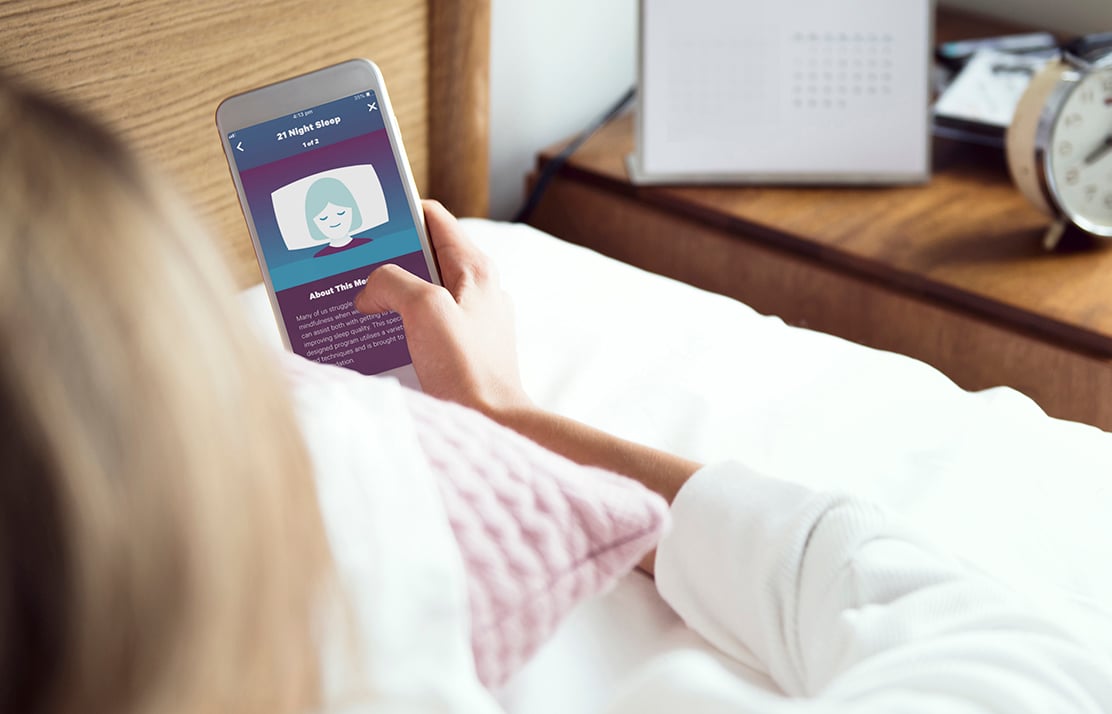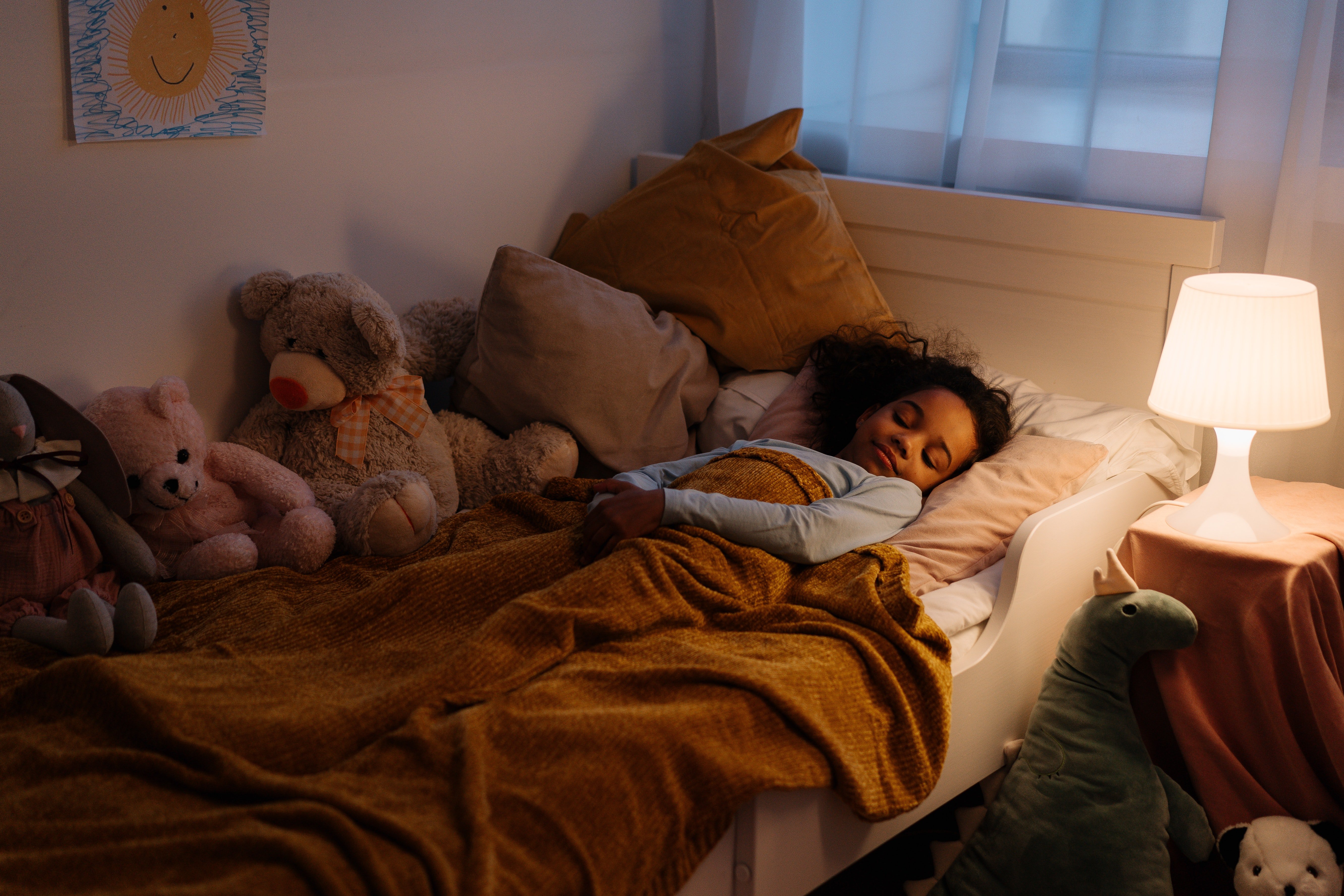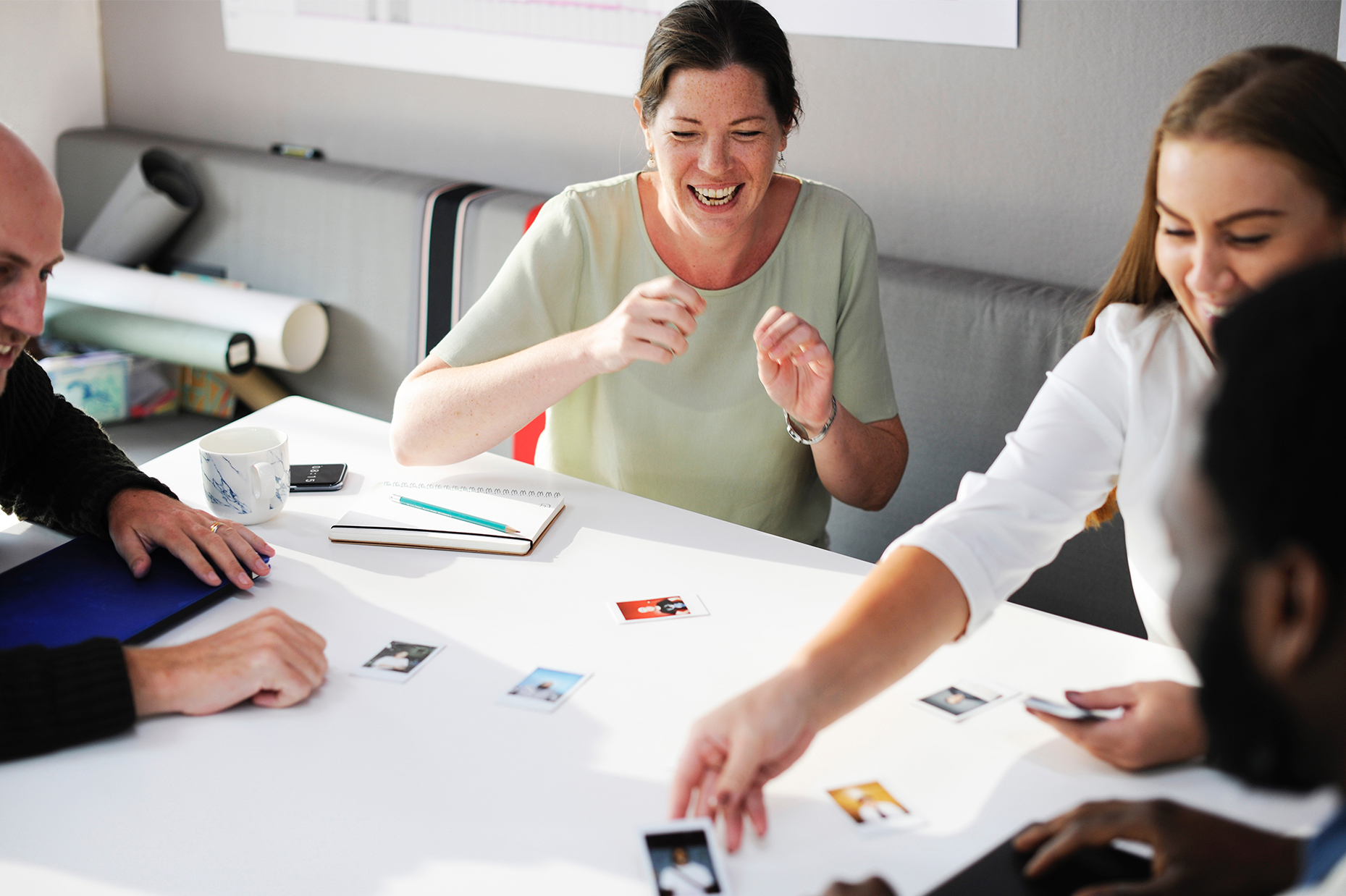Do you have trouble sleeping? If so, you’re certainly not alone. It’s estimated that more than a third of us get less than seven hours’ quality sleep each night, which is not surprising given how busy and hyper-connected our lives are these days, making it more difficult than ever to switch off and settle into sleep.
Why is sleep so important?
Sleep is our internal house cleaner.
Sleep takes place in three stages: light sleep, rapid-eye movement and deep sleep. During deep sleep the spaces between our brain cells expand by as much as 60%, which allows cerebral-spinal fluid to flush through and remove toxins from our brain. One of these toxins is beta-amyloid, a protein that can lead to the build-up and formation of plaques and create memory impairment.
Researchers have also found that the amount of delta waves we create during deep sleep serve as a biological marker for youth. Yes that’s right, getting better sleep can make you look younger! Pretty cool, hey?
Further research suggests that there is a correlation between a lack of sleep and diseases such as stroke, diabetes and depression, as well as affecting mood, cognition, memory and pain tolerance.
33-45% of the Australian adult population struggles to sleep adequately, we want to change this.
We asked our good friend and sleep expert Dr Moira Junge for some tips to help improve sleep quality...
She recommends taking the time to experiment and figure out what works best for you.
Creating a ritual that works for you
According to Dr Junge, “there are probably millions of ‘best top 5 sleep tips’ lists, so beware that there is no one magic formula. There are a lot of individual differences in what works for some and not others, so it’s better to talk about overarching principles rather than lists of specific do’s and don’ts.”
According to Dr Junge, there are four main principles to keep in mind when it comes to quality sleep. These are:
- Ensure you’re sleepy enough and ready for sleep. There’s no use lying in bed awake for long stretches. Before going to bed, experiment with different relaxing activities, such as reading a book, to help you unwind a little before even trying to go to sleep.
- Look after and manage your natural body clock. You guessed it, that means putting your screens away 1-2 hours before bed. Dimming your lights also helps. No dimmer? Treat yourself to a lamp.
- Minimise internal disruptions by finding ways to settle both mind and body. Experiment and figure out what works best for you. You could try a Smiling Mind meditation, listen to some calming music, take a hot shower as well as minimise your intake of alcohol, caffeine, and rich foods in the hours before going to sleep.
- Minimise external disruptions by paying attention to the conditions in your bedroom. It probably goes without saying but make sure the lighting and temperature of your bedroom are conducive for sleep is important.. Does your partner snore? Get some earplugs. Is your room too bright? Invest in some heavier curtains.
How exactly can mindfulness/meditation help with sleep?
There is a lot of research to show that mindfulness helps reduce hyper arousal. When practised regularly, mindfulness also increases self-awareness and the ability to make better decisions about lifestyle and self-care more conducive to quality sleep.
Having a regular mindfulness meditation practice can also help reduce the emotional and physiological distress often associated with long term sleeping difficulties.
Mindfulness can help you find a different way of working with the problem as opposed to working against it, by taking sleeping pills for example.
Mindfulness is about being present, decreasing the effort to sleep, and reconnecting with the body’s cues for sleepiness. Doing so helps create the optimal conditions under which sleep can come to you, rather than desperately chasing sleep and getting increasingly worked up in the process.

If you’d like some additional support finding ways to improve the quality of your sleep check out our NEW 21 Day Sleep Program supported by nib Foundation. We’d love to hear how you find it. Give it your best shot for the full 21 days and then get in touch and let us know!











.jpg)




